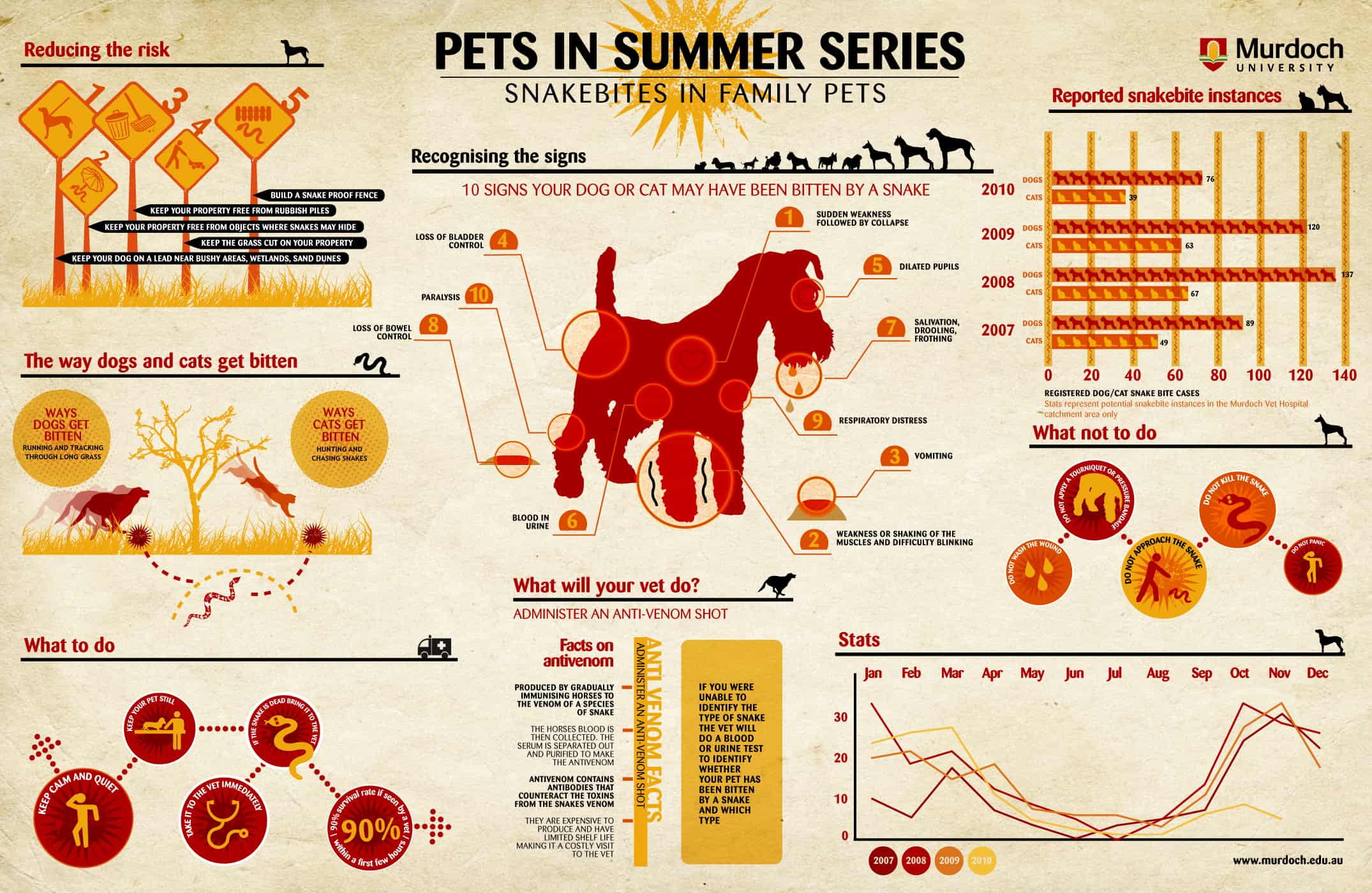Opportunities are that if your pet dog is on a regular basis subjected to various other pet dogs, even if they're correctly immunized, they may come home with some sort of disease. Vaccinations, routine veterinary appointments, and good health practices can lessen risk aspects for infection and disease.
Emphasized or distressed pets can develop gastrointestinal problems and other health issues that are easily spread out in between pets. Developing age constraints and behavior regulations can aid make sure that just healthy canines enter your facility.
Distemper
Canine distemper is a severe and typically fatal virus that attacks a dog's respiratory, digestive, skin and immune systems. Puppies are especially at risk and can get the condition with direct contact with an infected animal or through the air-borne transmission of infection fragments sent out throughout coughing, sneezing or taking a breath.
The incubation duration for canine distemper is between 3 and 7 days. While young puppies at day care may seem to capture parvo from an additional contaminated canine, it's unlikely since the incubation duration is so brief.
While there is no cure for canine distemper, supportive treatment can aid pet dogs recuperate. This includes liquids, anti-biotics and medicines to manage seizures. The Drake Center for Vet Treatment notes that signs include runny eyes and nose, looseness of the bowels, throwing up, loss of appetite and neurological troubles such as twitching and shakes. Young puppies need a complete inoculation series and yearly boosters to protect them versus this condition, which is why credible dog day care centers call for updated vaccinations.
Kennel Coughing
Kennel Cough (Canine Infectious Tracheobronchitis) is a very infectious upper respiratory system condition caused by microorganisms and infections. It spreads through air-borne beads from a cough or sneeze, direct call, and sharing of polluted items such as toys or water bowls. It is native to the island in places where many pets are housed close together, such as kennels, pet dog parks, grooming salons and shows. Numerous injections are available to shield versus the pathogens that cause kennel coughing, and proper hygiene techniques can help prevent infection.
The timeless sign is a dry, hacking coughing similar to that of a goose honk, and the majority of pet dogs recover with little treatment. Nevertheless, severe instances can result in pneumonia, and puppies or pet dogs with pre-existing disease go to higher risk for difficulties. To accelerate recuperation, utilize a harness instead of a collar while your pet dog is recovering to stay clear of inflammation to the windpipe. A humidifier might likewise aid to dampen the air and prevent completely dry coughing.
Parvovirus
Parvovirus (CPV) is a major condition in canines. It resembles feline panleukopenia (feline distemper), however it's much more dangerous and can spread promptly among pets because of its extremely durable nature.
This virus strikes the intestinal cellular lining of a dog, damaging it and causing microorganisms to slough off right into the bloodstream. The damaged immune system and frustrating bacteria cause septic shock, which is usually deadly.
Fortunately, vet hospitals use effective therapy for parvovirus. These drugs are provided straight into a person's bloodstream and targeted in the direction of the specific stress of parvovirus. This therapy method is very effective and overnight dog boarding near me assists re-train the immune system to combat off the infection. Pets with serious signs and symptoms are frequently hospitalized for numerous days for monitoring and extensive like ensure their survival. Young puppies, unvaccinated pets and canines with weak body immune systems are particularly vulnerable to parvovirus. This is specifically true for young puppies birthed to stray moms and sanctuary atmospheres, where they are revealed to many other unwell and vulnerable pet dogs.
Pooch Influenza
Dog flu (CIV) is a contagious breathing condition that can be caused by canines sharing infected surfaces or direct contact with breathing secretions. CIV spreads conveniently in environments where there are high numbers of pet dogs, such as pet parks, daycares, grooming centers and vet clinics.
Infected pet dogs lost the virus via aerosol respiratory droplets when coughing or sneezing, and might contaminate items they enter into contact with like cages, toys, food bowls, leashes and the hands and clothes of individuals that manage them. Dogs can likewise be "quiet service providers" spreading out the virus without showing any type of signs and symptoms themselves.
Symptoms of canine influenza include sinus and eye discharge, coughing, high temperature, loss of appetite, and weakness. The infection can progress to pneumonia, which can be deadly in some pet dogs. PCR viral screening is available for confirmation of infection. Ideally, samples (normally deep nasal or pharyngeal swabs) for PCR screening need to be collected within four days of the beginning of professional signs.
